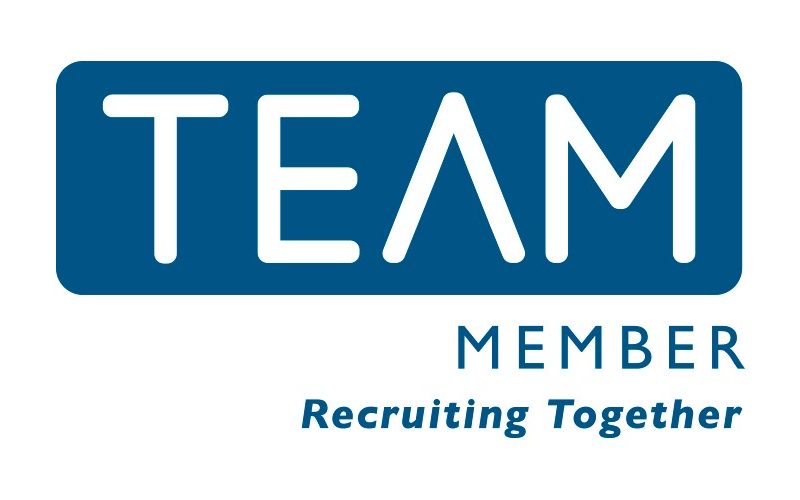Our Blog Posts
Maybe she’s born with it… maybe she’s just spent a really long time honing her skills and has avoided procrastination like it’s a poison.
12th November 2018 | Career AdviceMotivational

Not really as snappy or catchy as the well-known tagline we could all probably sing, but it’s truthful nonetheless. And it becomes more evident the more candidates we place and the more colleagues we work alongside. I’m sorry to break it to you, but you either have it or you don’t.
However, there’s no need to be completely fatalistic because lots of recent research suggests that if you don’t have it, there are a number of things you can do to develop it. But, what is “it”? I have been purposefully evasive; “it” is a myriad traits and habits that culminate in one thing: strong work ethic. We all possess a work ethic, but some of us seem to be more driven and motivated than others. Strong work ethics do not go unnoticed. According to research, in high complexity jobs such as professionals or sales, the top 10% produce 80% more than average and 700% more than the bottom 10%.
The ability to develop a strong work ethic parallels learning in general. Sometimes it feels like just because we’ve left education, we forget all the basics of our development; it is as if we enter the working world and decide that we don’t need to apply the same processes we used at school. Ultimately, we should accept that we are constantly working, learning and growing. We need to remember these skills from childhood to make sure we instil a secure and powerful work ethic through adulthood.
Growth Mindset

Carol Dweck’s “growth mindset” theory demonstrates that intellect and ability are malleable and not fixed. Both traits demand challenge-seeking and persistence to improve. Therefore, performance and habits will change with dedication. This ability to develop is reminiscent of school; we are not born achieving A grades – we secure these grades using hard work. We transfer this approach to the workplace, to realise that we are not born ‘Employee of the Month’. Rather, we become ‘Employee of the Month’.
To be successful at work, it takes perseverance. In fact, according to a study conducted at University College London , it takes an average of 66 days for an action to become automatic. The changes you need to make in your working day (to become the top 10%) can become ingrained after around only two months. Considering the fact most of us will be working into our late sixties, two months really is not very long at all. If you want even more tips, read this great article found here. Generally, they revolve around taking advice from others, pushing yourself to work harder and thinking long-term to boost your commitment and activity. People who think long-term increase productivity by 400%.
Changes
Nevertheless, hard work may feel daunting if you are in a role or company that neither excites nor motivates you. Taking the time to imprint these positive habits now will benefit you in the long-run. The best changes you can make now are: ditching procrastination, working longer hours once a week and reflecting on your performance. By securing these habits, you will be able to reap the rewards from your Line Manager. Finally, these rewards reveal themselves as: praise, promotions and raises.
































